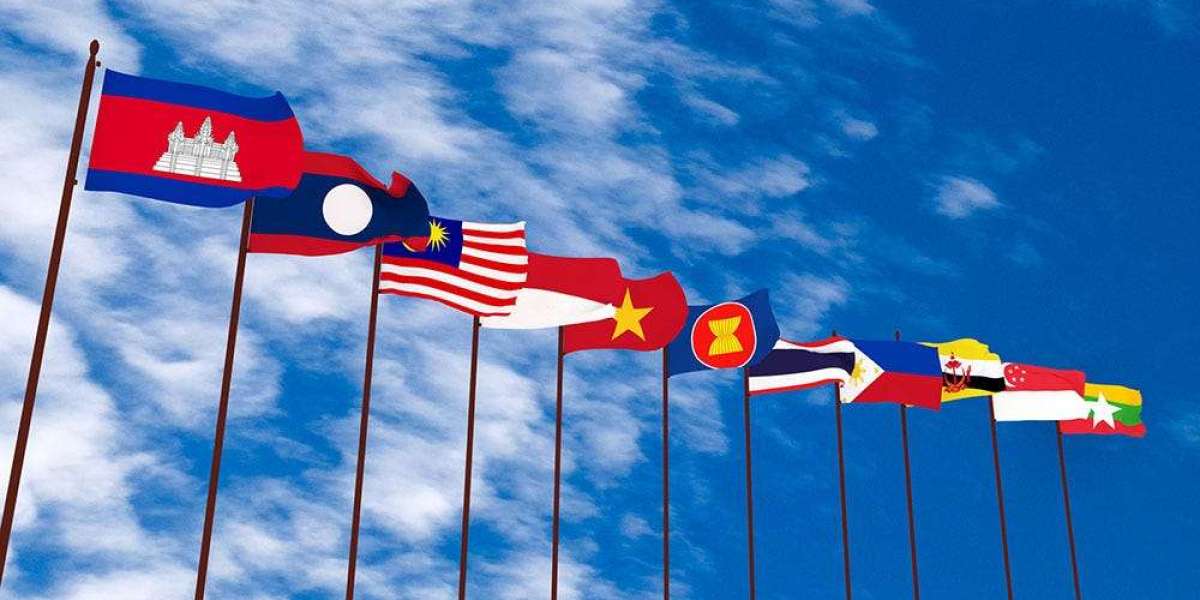In a strategic diplomatic move, the Philippines has been confirmed to assume the ASEAN Chairmanship in 2026, replacing Myanmar, whose ongoing political crisis has sidelined its role in regional leadership. The decision reflects ASEAN’s growing concern over Myanmar's inability to uphold the bloc’s principles amid its post coup turmoil.
Why Myanmar Lost the ASEAN Chair
Under normal circumstances, ASEAN’s leadership rotates alphabetically each year, which would have placed Myanmar as ASEAN Chair in 2026. However, due to its continued instability since the 2021 military coup, member states agreed that Myanmar is unfit to host or lead the bloc during such a critical time.
The failure to implement the Five Point Consensus a peace framework agreed upon in 2021—was a major factor in ASEAN’s decision. This consensus called for an end to violence, dialogue among all parties, humanitarian aid access, and the appointment of a special ASEAN envoy. ASEAN leaders assessed that Myanmar had made no substantial progress, forcing the bloc to take an unprecedented step to maintain its credibility.
Philippines Ready to Take the Helm
The Philippines, stepping in as a trusted member of the bloc, will assume chairmanship in 2026 with a strong focus on:
ASEAN unity and regional stability
Addressing the Myanmar political crisis
Strengthening ASEAN’s centrality in the Indo-Pacific
Managing tensions in the South China Sea
Advancing economic integration and post-pandemic recovery
President Ferdinand Marcos Jr. welcomed the responsibility, stating that the Philippines is ready to promote regional peace, stability, and cooperation during its term.
Implications for ASEAN and the Region
This change in leadership has deep geopolitical and diplomatic implications:
ASEAN credibility: ASEAN’s ability to enforce its own decisions without compromising its policy of non-interference is under the spotlight.
Myanmar’s isolation: The move deepens Myanmar’s diplomatic isolation, limiting its ability to influence regional policy.
South China Sea disputes: With the Philippines as chair, maritime security issues especially with China are expected to be high on the agenda.
Stronger ASEAN coordination: The Philippines is expected to strengthen mechanisms like the troika system (past, current, and incoming chairs) to maintain continuity in ASEAN policies.
A Turning Point for ASEAN
The decision to bypass Myanmar marks a turning point in ASEAN’s history, showing a more assertive and pragmatic bloc. The Philippines, already active in shaping regional security and trade frameworks, now has the platform to help ASEAN navigate global uncertainties.
As 2026 approaches, Southeast Asia and the world will be watching closely to see how the Philippines leads during this pivotal time for the region.



